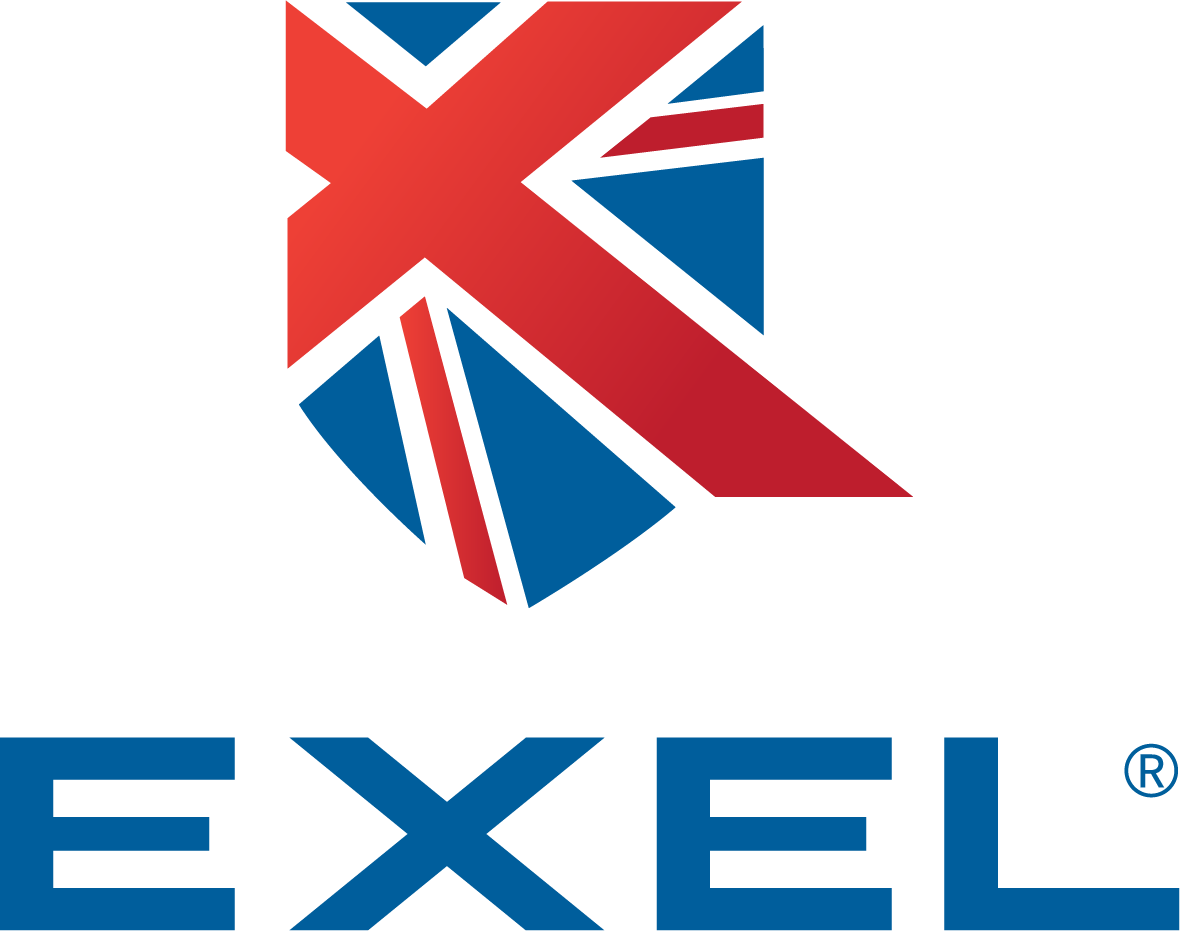News
Eagle Field Service Significantly Increases Engineer Utilisation at Safestyle
Safestyle is one of the country’s leading businesses in the replacement door and window market, with 13 installation and 36 sales branches around the UK, and a 600-employee factory manufacturing over 6,000 doors and windows each week. As such, they benefit greatly from their decision to use Eagle Field Service to manage their operation.

It was late 2013 when the company recognised that it needed to update its aftersales customer service capabilities, which had become spread over three distinct systems – giving rise to inefficiencies and data duplication.
A review of these systems revealed that service engineer visibility required enhancements to go to the next level, management reporting was limited and opportunities for better scheduling were being missed. Not to mention, the whole process was overly reliant on paper, using printed work schedules against which service engineers would report progress by telephone, requiring headquarters staff to manually update the relevant system.
Safestyle’s keen focus on customer service meant that their selection and implementation of a new system was conducted carefully; working with the ethos that it was ‘better to be right, than rushed’.
In early 2014, Safestyle invited a number of field service management suppliers to submit quotations for a replacement system. The clear winner: Exel Computer Systems’ Eagle Field Service solution.
Implementation of Eagle began in early 2015, with a goal of commencing a phased rollout by the third quarter of the year. As new business processes were involved, such as the introduction of mobile devices to the engineers, this required thorough User Acceptance testing.
The benefits from using Eagle Field Service are manifold, from reducing paperwork and duplication of data entry, through to much improved engineer scheduling and management reporting.
A further benefit is best summed up by Nick Stokes, Safestyle’s IT Change Manager.
“By providing data on the underlying reasons for service calls, Eagle Field Service has given us an enhanced ability to perform root cause analysis, giving us much better visibility into particular parts that are subject to early failure, so that we can address this during design and manufacture,” concludes Nick. “This has always been an objective — and now we have achieved it.”

